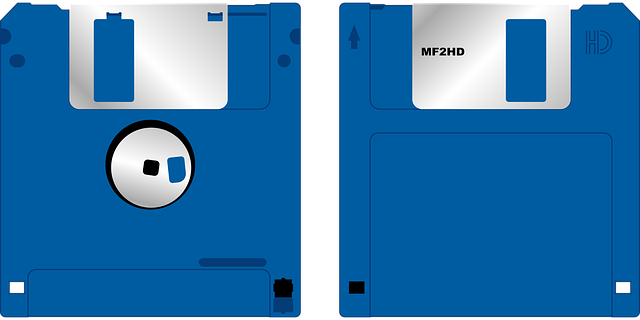Disk vs Disc: Understanding the Difference
Have you ever found yourself in a situation where you are not sure whether to use “disk” or “disc”?
Both spellings are commonly used, but do you know the difference between them?
In this blog, we will explore the distinction between “disk” and “disc” to help you use the correct spelling in different contexts.
A Brief History
The word “disk” originally came from the Latin word “discus,” which meant a flat round object.
In the late 19th century, “disk” became the standard spelling in the United States, while “disc” remained the standard spelling in the UK.
Over time, both spellings have been used interchangeably in different regions and industries.
The Use of “Disk”
In the United States, “disk” is primarily used as a noun to refer to a flat, circular object.
Some common examples include floppy disks, hard disks, and Compact Disks (CDs).
Additionally, “disk” is also used as a verb to describe the act of cutting or forming something into a disk shape.
For example, “The chef disked the dough to make a pie crust.”
The Use of “Disc”
In the UK and many other countries, “disc” is the preferred spelling for the noun form of the word.
It is used to describe a flat, circular object, much like the use of “disk” in the US. However, “disc” is less commonly used as a verb.
When to Use “Disk” or “Disc”
In general, both spellings can be used interchangeably, and there is no clear rule for when to use one over the other.
However, there are a few contexts where one spelling is preferred over the other.
Technology
In the technology industry, “disk” is commonly used to refer to hard drives and floppy disks.
For example, “I need to install the operating system on a new hard disk.”
Meanwhile, “disc” is used to refer to CDs and DVDs. For example, “I need to copy this movie to a DVD disc.”
Science and Medicine
In science and medicine, “disc” is the preferred spelling.
For example, “The spinal disc is a cushion between the vertebrae.”
In this context, “disc” is used to refer to a flat, circular structure in the body, such as the intervertebral disc or the disc in the eye.
Conclusion
Both “disk” and “disc” are correct spellings, but the preferred spelling depends on the context and region.
In general, “disk” is used in the US and “disc” is used in the UK and other countries.
In technology, “disk” is used for hard drives and floppy disks, while “disc” is used for CDs and DVDs.
In science and medicine, “disc” is the preferred spelling.
By understanding the difference between “disk” and “disc,” you can use the correct spelling in different contexts.
